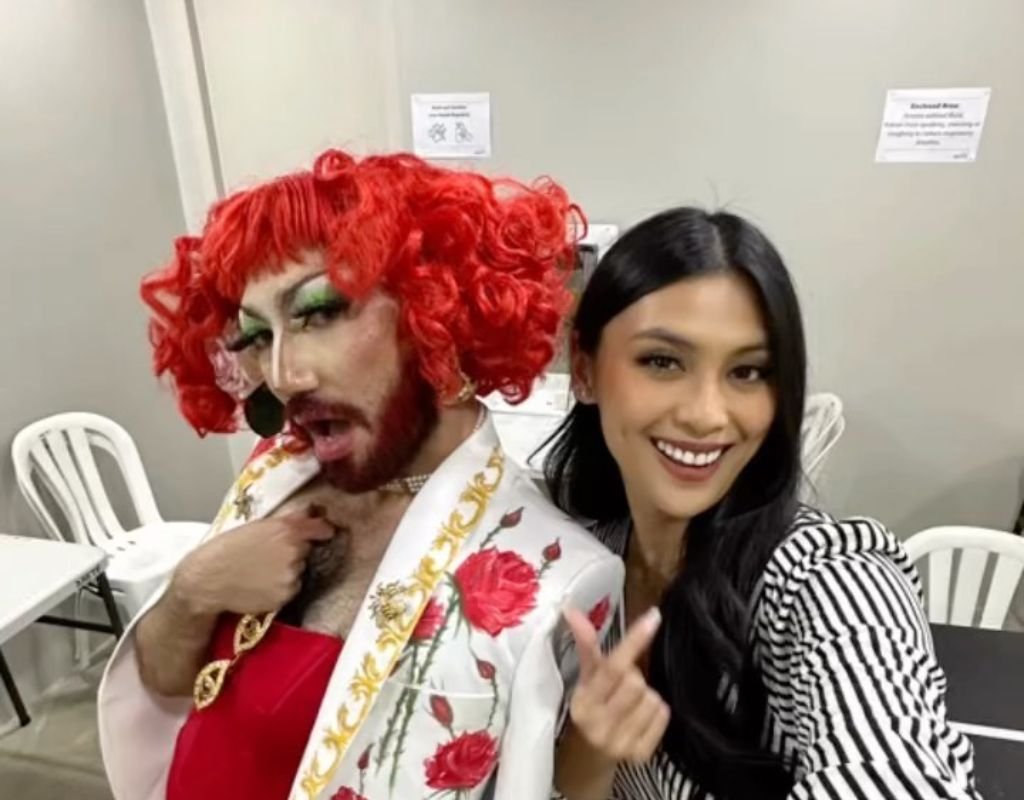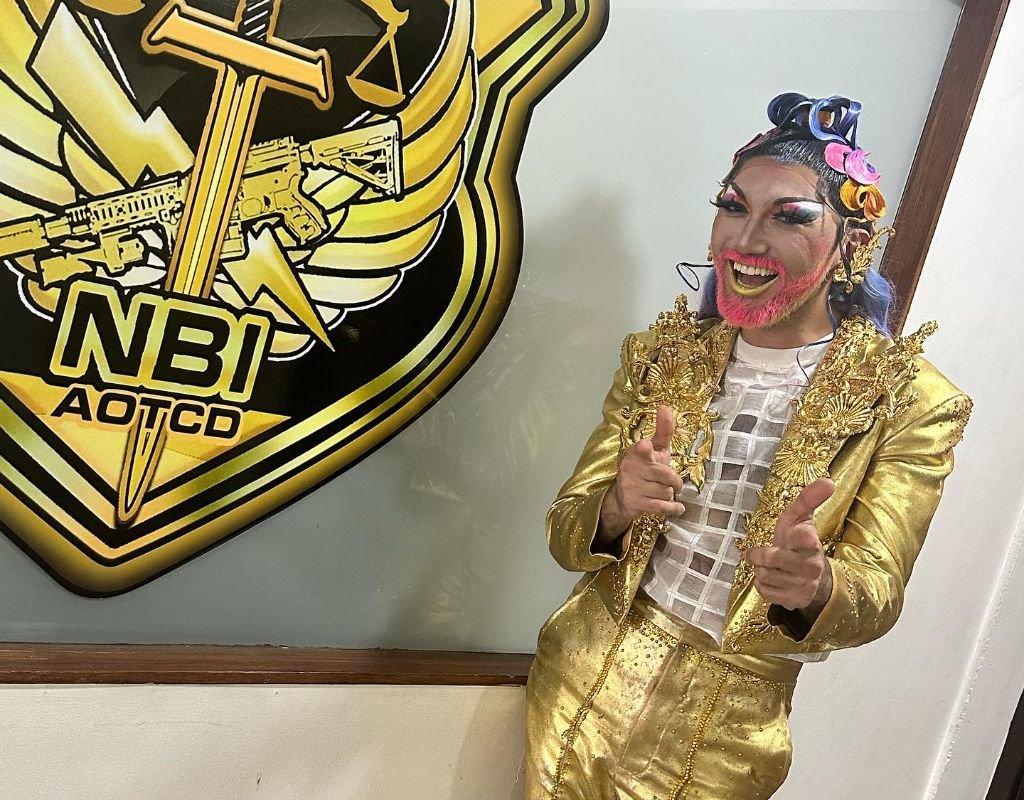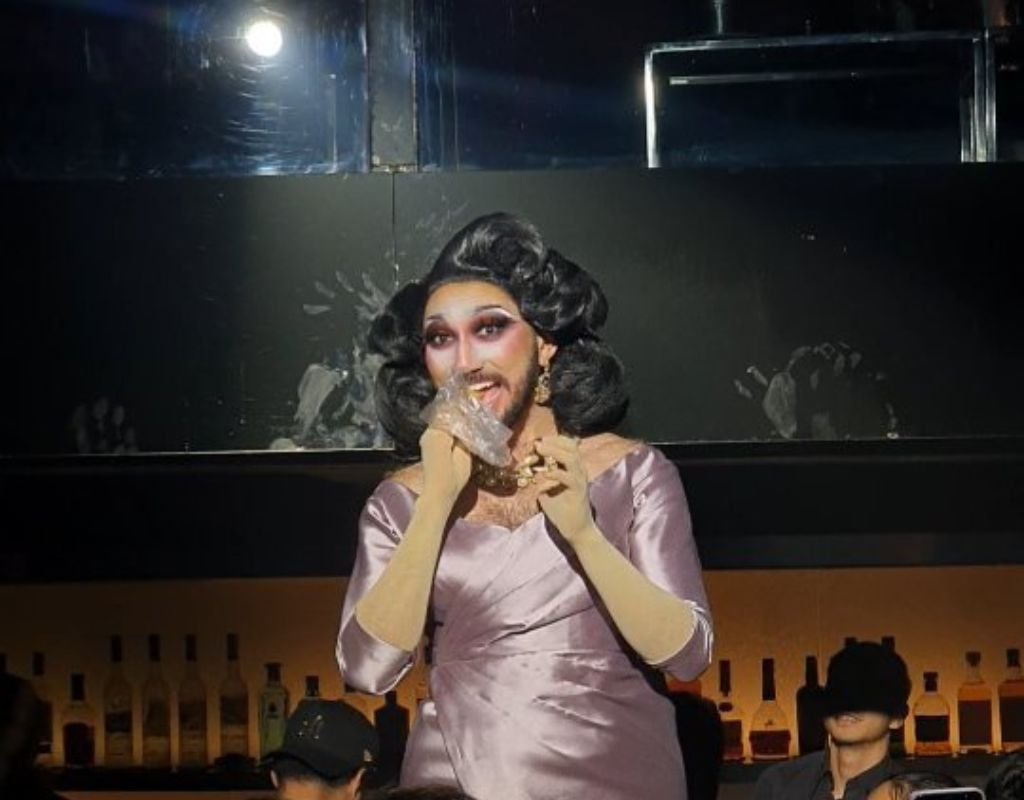Pura Luka Vega issue and controversy have once again come into the spotlight. Pure Luka Vega is a trailblazing Filipino drag artist.
Pura Luka Vega was born Amadeus Fernando Pagente on February 27, 1990, in Dipolog City, Philippines.
Pura gained recognition through their participation in Drag Den Philippines, a televised drag competition, and became widely known for their innovative performances, notably the controversial Ama Namin remix drag act.
What sets Pura apart is not just their artistic talent but also their gender-nonconforming identity.
Pura’s drag journey started in 2017 after being inspired by a cosplayer, leading to their participation in various drag contests.
Their drag persona, “Pura,” reflects resilience and creativity. The name, given by friends, embodies their strength in the face of societal challenges, while “Luka” is a playful nod to Filipino wordplay.
Pura’s impact on the drag community, coupled with their unique artistic expression, has challenged societal norms and inspired others to embrace their individuality, making them a celebrated icon in the world of Filipino drag.
Let’s find out more about the Pura Luka Vega issue and controversy.
Also Read: Chicas Limonada Video Viral: Leaked Footage And Controversy
What is Pura Luka Vega Issue And Controversy?
Pura Luka Vega was embroiled in a significant controversy due to their daring artistic expression.
Pura Luka Vega issue and controversy erupted after Vega’s provocative performance, a remix of the prayer “Ama Namin” (Our Father), while dressed as the Black Nazarene, a revered religious symbol in the Philippines.
In addition, the act, which some considered irreverent and disrespectful, led to legal repercussions.
Vega faced charges under Article 201 of the Revised Penal Code, accused of promoting immoral doctrines, disseminating obscene publications, and engaging in indecent shows.

Furthermore, these charges triggered their arrest in Manila. Pura Luka Vega issue sparked heated debates about the boundaries of artistic expression, religious sensitivity, and freedom of speech in the country.
Moreover, Vega, who identifies as gender nonconforming, faced legal challenges and societal backlash.
Despite the controversy, they received staunch support from the drag community and allies online, highlighting the complexities of balancing creative freedom and religious sentiments.
Likewise, the incident underscored the challenges artists face pushing boundaries in conservative societies, prompting discussions about the intersection of art, culture, and religious beliefs in the modern world.
Pura Luka Vega Arrest And Charge
The renowned Filipino drag artist Pura Luka Vega faced legal consequences following a controversial performance.
Pura Luka Vega issue arrest occurred in Manila due to charges related to their daring drag act, where they lip-synced to a rock remix of the prayer “Ama Namin” (Our Father) while dressed as the Black Nazarene, a revered religious symbol in the Philippines.
The Manila Police District arrested Vega under the allegations of promoting immoral doctrines, disseminating obscene publications, and engaging in indecent shows, offenses outlined in Article 201 of the Revised Penal Code.
Moreover, Vega’s arrest resulted from a criminal complaint filed by Hijos Del Nazareno Central, a group representing Black Nazarene devotees, citing the performance as blasphemous.

Likewise, the charges led to an arrest warrant issued by Judge Czarina Encarnacion Samonte-Villanueva of the Manila Regional Trial Court, Branch 36. Vega was required to post bail set at P72,000 for their release.
Furthermore, this incident ignited a national conversation about artistic freedom, religious sensitivity, and the rights of the LGBTQ+ community.
While the charges were explicitly related to Vega’s performance, the case highlighted broader issues around creative expression, societal norms, and the complex intersection of religious beliefs and freedom of speech in contemporary society.
Also Read: Ijeoma Ukenta Lawsuit And Video: Controversy And Scandal Twitter Update

